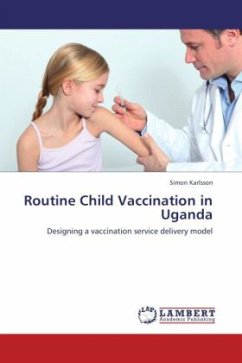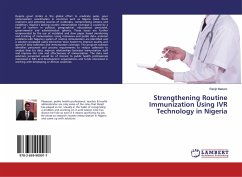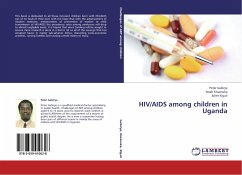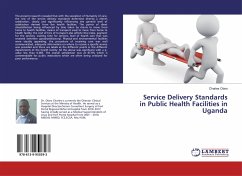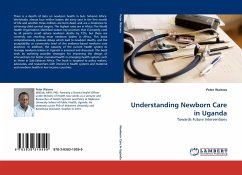Vaccination service in Uganda is not easily available and too often not reliable due to rural health facilities being far away and in poor condition with few health workers, and because of an unreliable vaccine supply system. Outreaches are also irregular and of an ad-hoc character. Further, families have little knowledge about vaccination dates and also experience low motivation for allowing their children to complete immunization programs. This paper provides a new system model for delivering routine vaccination service in Uganda in low resource settings by incorporating the entire supporting infrastructure from vaccination suppliers to vaccination receivers. The model introduces ways of improving the three cornerstones of immunization: access, service quality and caretakers motivation to complete their children s vaccination schedule. A system model design is provided together with graphical user interfaces for agents in the new system. Outcomes of internal evaluations made together with representatives of the client organization - Karolinska University Hospital through the project ICT4MPOWER - indicate that the new system can increase access and service quality.
Bitte wählen Sie Ihr Anliegen aus.
Rechnungen
Retourenschein anfordern
Bestellstatus
Storno

